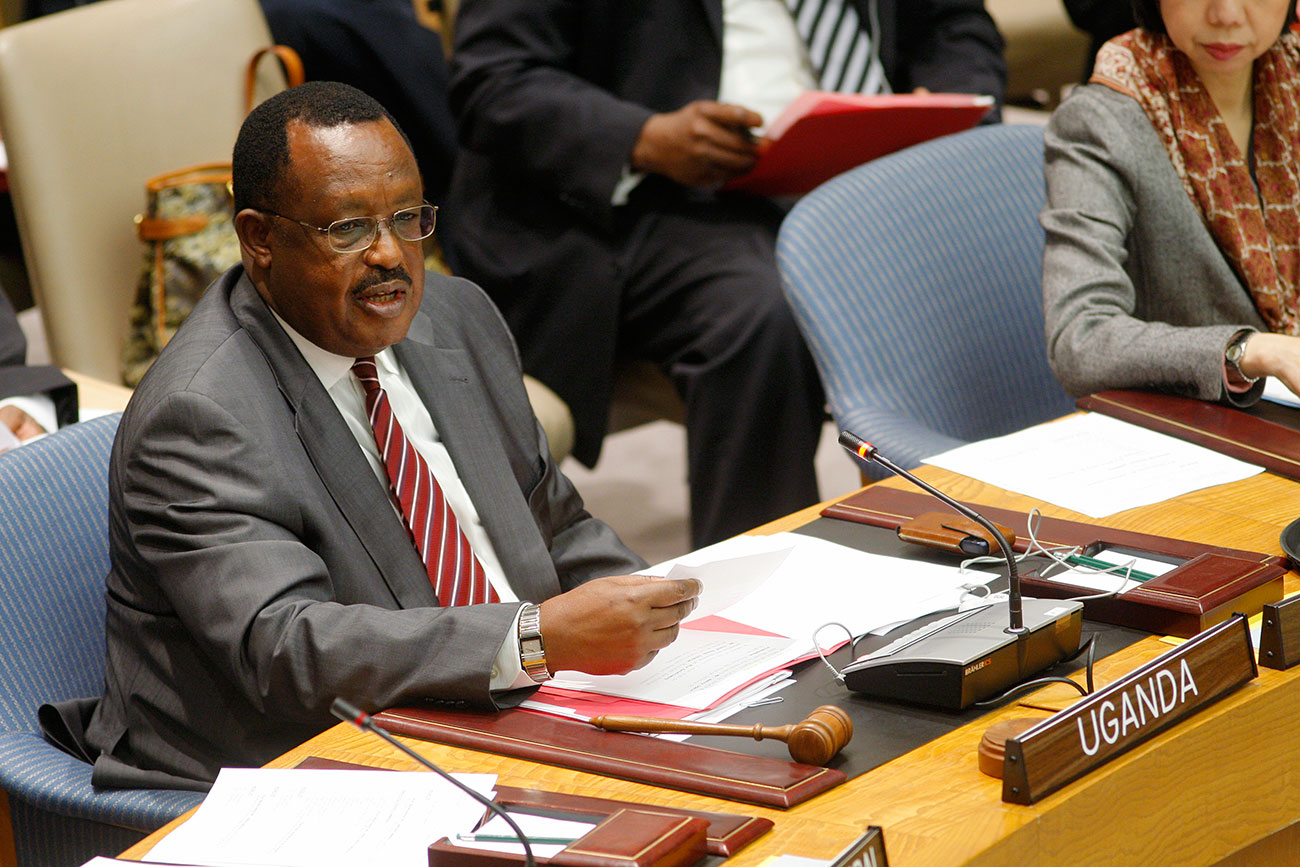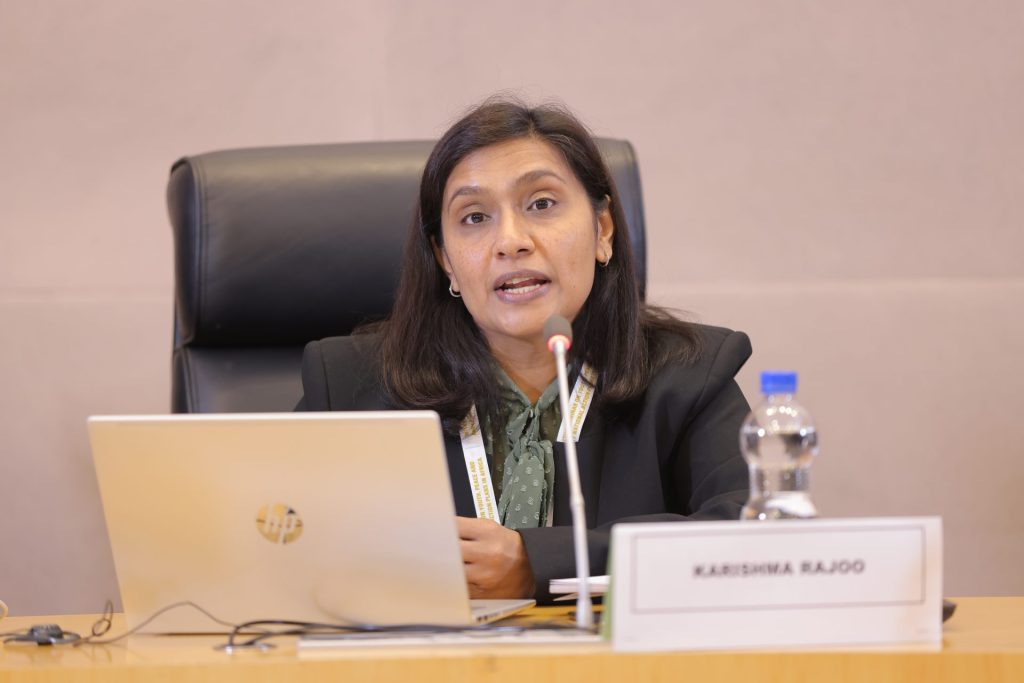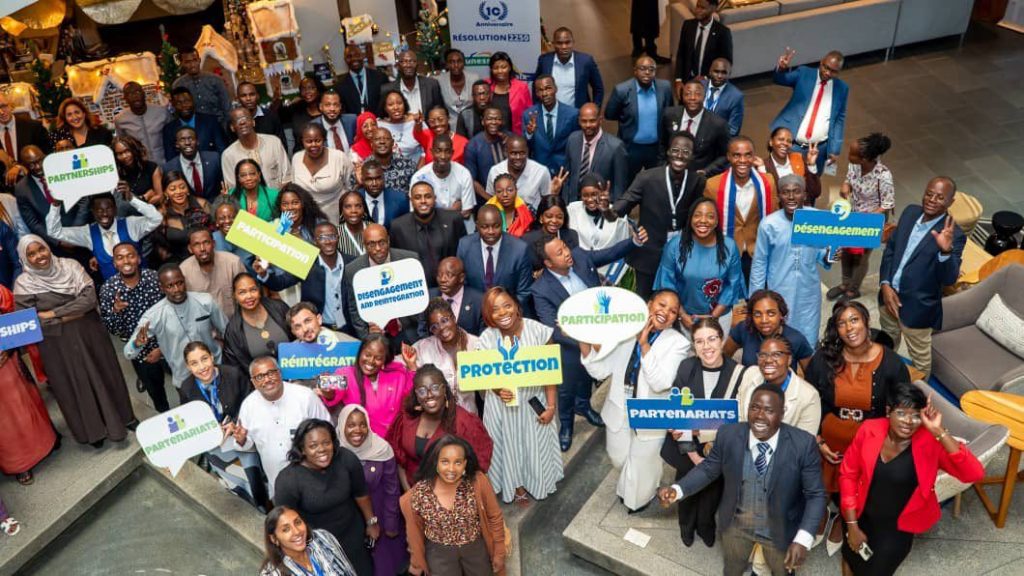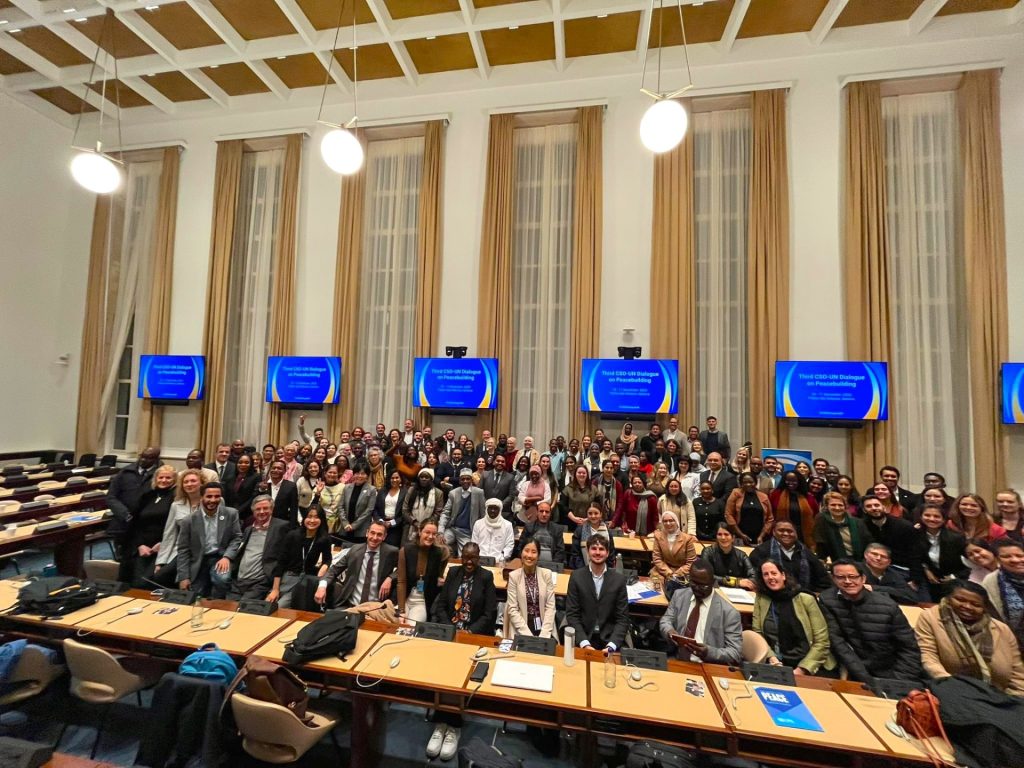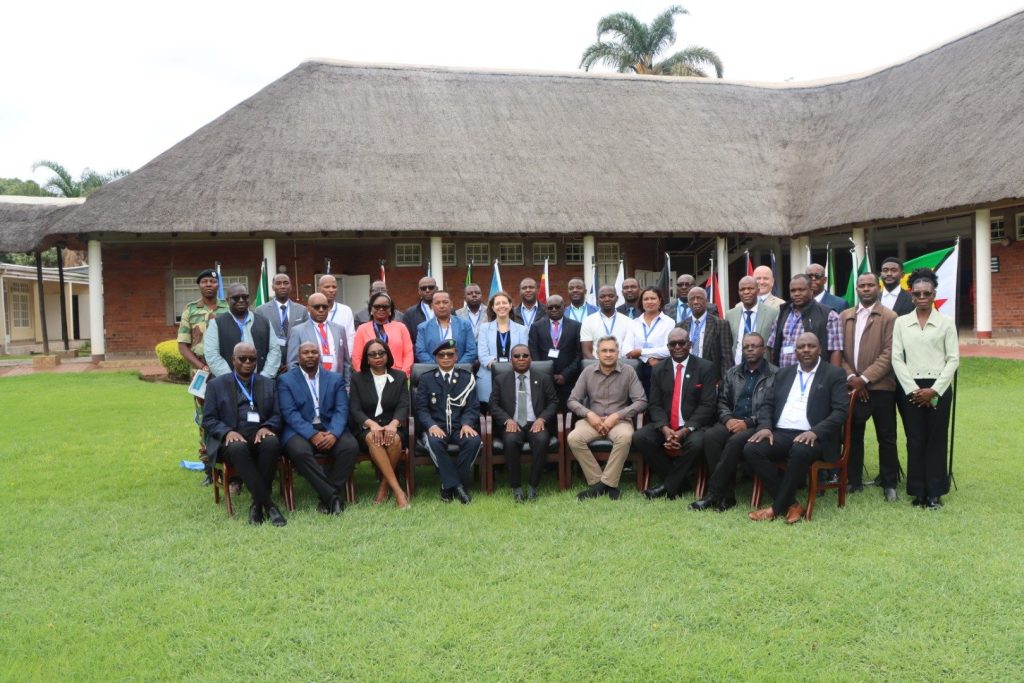The Training for Peace Programme at ACCORD (TfP/ACCORD) has collaborated with AU Peace Support Operations Division (PSOD) in undertaking a study focusing on the roles of the civilian component in the African-led International Support Mission in the Central African Republic (MISCA) and in the AU Mission in Somalia (AMISOM). The study is part of a larger research that seeks to analyse all the AU peace support operations (PSOs) in Africa in this context.
The role of civilians in AU PSOs is an area in which there is a large need for further research. Despite the increased awareness of the multidimensional approach to PSOs, the role of civilians in AU PSOs remains under-articulated especially in light of the peace enforcement contexts and high intensity conflict environments that mark many AU PSOs in countries such as Somalia, Mali and CAR. Many challenges and lessons involved in civilian peacekeeping go unacknowledged due to lack of proper documentation, research and analysis. The study thus sought to understand the role and contribution of civilians in mission mandate implementation.
The study carried out in September 2014 included a contextual, functional, training, impact, gender and relational analysis which were divided into a desktop review and field research. Those who participated in the study included the officers in the civilian component such as political affairs officers, humanitarian liaison officers, human rights officers/advisors and observers, protection officers, gender officers, legal officers/advisors, civilians within the mission support section, amongst other civilian substantive functions. The research also involved the mission leadership like AU Special Representative of the Chairperson of the African Union Commission (SRCC), Deputy SRCC, chief of staff, head of mission support and head of units in the civilian component.
The study focused on the roles of the civilian components of MISCA and AMISOM, seeking to understand the existing designs and structures of the civilian component of both missions, and its effectiveness in implementing the mission’s mandate. The study further aimed documenting the actual roles, functions and contributions of the civilian components in the mission as well as investigate the points of convergence and divergence between the roles of civilians in AU PSOs and United Nations (UN) peacekeeping operations in the two missions. The study sought to draw out necessary lessons relevant for civilian training and provide the AU, Regional Economic Communities (RECs) and the UN with a basis for the development of new or strengthening existing policies of civilian component of AU PSOs.
The Training for Peace Programme at ACCORD is an initiative funded by the Norwegian Ministry of Foreign Affairs.

